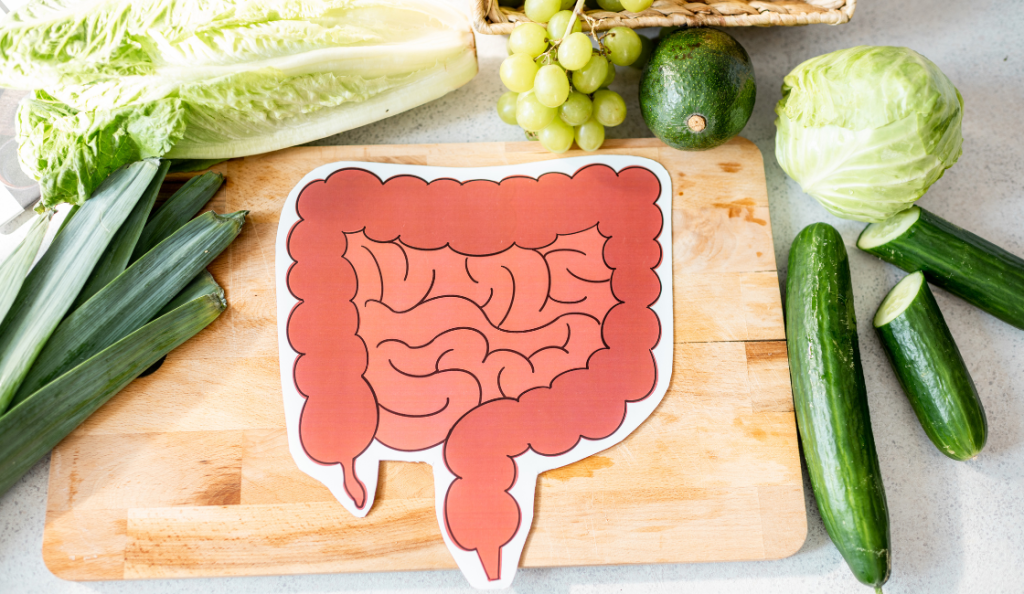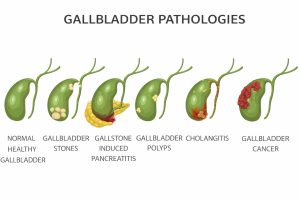When it comes to optimal gut health, what one eats makes a lot of difference. The gut microbes have to stay balanced for an optimal gut health and this is predominantly factored by the vitamins and minerals absorbed from the food we eat and the water content in the body. This has a direct connection to gastrointestinal and digestive health. Fiber has long been proven to play an important role in a healthy gut.
Let’s explore the benefits of fiber and how you can add it into your daily diet using the most common high-fiber foods. This article will explore the different kinds of fiber, their role in maintaining gut health, and the high-fiber foods that aid in this process.
Understanding Fiber:
Fiber is a natural, complex carbohydrate that is found in plants. It can be both soluble and insoluble. Although most standard carbohydrates are broken down into sugar molecules once they enter the body, fiber does not. Because of its unique ability to travel throughout the body, fiber helps with sugar regulation which in turn helps with steady blood sugar.
Types of Fiber:
As we all understand fiber is a type of carbohydrate that our bodies cannot digest. Fiber consists of long chains of carbohydrates and mainly occurs in plants. There are two main types of fiber: soluble and insoluble.
Soluble fibers dissolve in water to form a gel, making them easier to digest than insoluble ones. Soluble fibers can be found in fruits, vegetables, oats, and legumes, while insoluble fibers include wheat bran and cellulose.
Insoluble fibers help move food along the digestive tract to help with nutrient absorption and elimination. In other words, they help regulate digestion by keeping things moving in the intestines.
Because insoluble fiber does not dissolve in water as soluble fiber does, it’s essential to eat plenty of it for optimal gut health. As you might notice from the names, these two types of fiber vary from each other greatly.
It is said to believe that insoluble fiber helps with weight management because it slows down digestion time, preventing overeating and unnecessary calories from being consumed by the body.
Benefits of Eating a High-Fiber Diet
Our experts say that there are plenty of advantages to eating a high-fiber diet. Your gut health will benefit significantly from the increased fiber intake. There is also an association between high-fiber foods and weight loss and improving heart health. On an average it is recommended that women should aim to consume between 21 and 25 grams of fiber per day while men should aim for 30 to 38 grams of fiber per day for optimal gut health.
13 High-Fiber Foods
- Apples
- Beans
- Broccoli
- Carrots
- Cauliflower
- Dark Chocolate
- Kale
- Oats
- Peas
- Pumpkin
- Quinoa
- Spinach
- Winter Squash
Fiber and disease prevention
Fiber is a type of carbohydrate with many essential health benefits. It partially digests into a form of sugar called soluble fiber, which helps to decrease cholesterol and blood pressure levels. Fiber also boosts bowel movements, prevents constipation, and helps to eliminate waste from the body.
The bottom line is that a high-fiber diet is essential for promoting optimal gut health. By consuming more high-fiber foods, you will improve your immune system, promote weight loss, and allow your body to flourish with nutrients. Along with the benefits that fiber provides to optimal gut health, it also reduces the risk of various health conditions and diseases.
Fiber has been proven to reduce the risk of:
- Heart disease
- Type II Diabetes
- Diverticular Disease
- Colon Cancer
To learn more about the importance of gut health or to schedule an appointment with a GI specialist at Sahasra Hospitals today.




